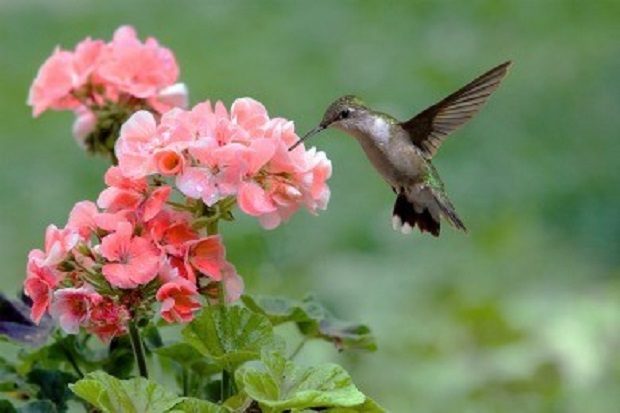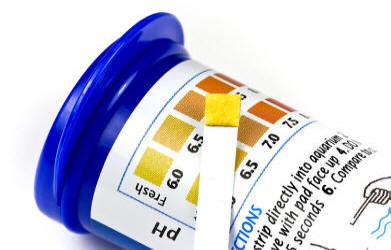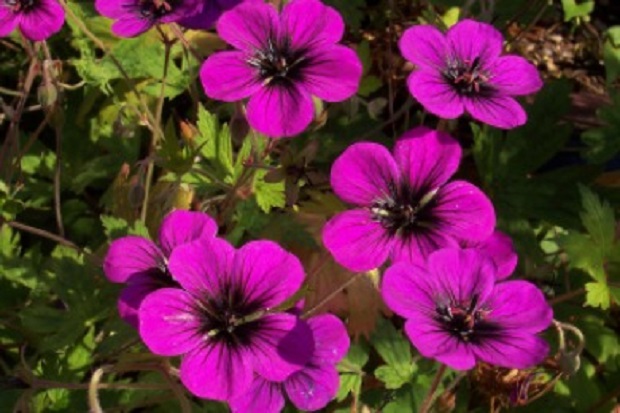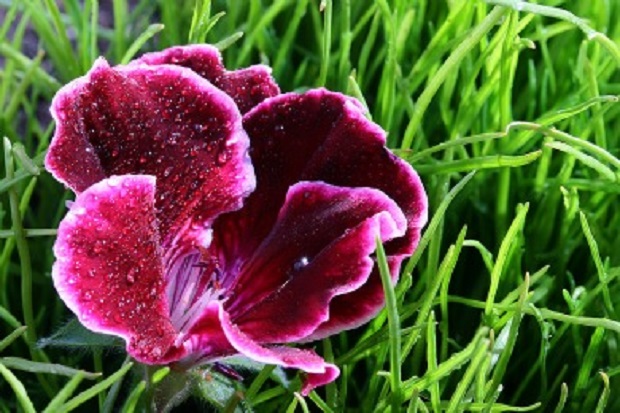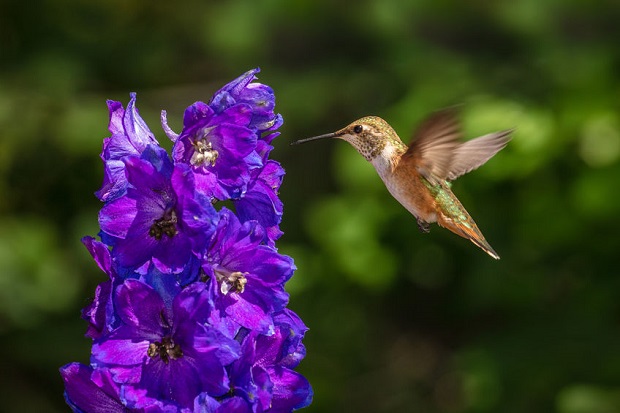How Often Do You Feed Geraniums? Discover how often to feed/fertilize your geraniums and what to use.
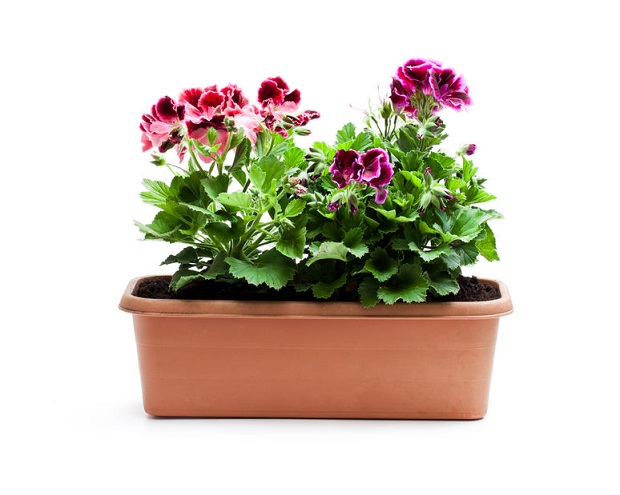
Feed/fertilize geraniums every 4-6 weeks.
More Info: Geraniums require proper soil fertilization to thrive. Plants that are not receiving the proper amount of nutrients, such as nitrogen, will be stunted and yellowed. Many soils require amendments to provide the proper nutrients to plants.
How to Fertilize Geraniums
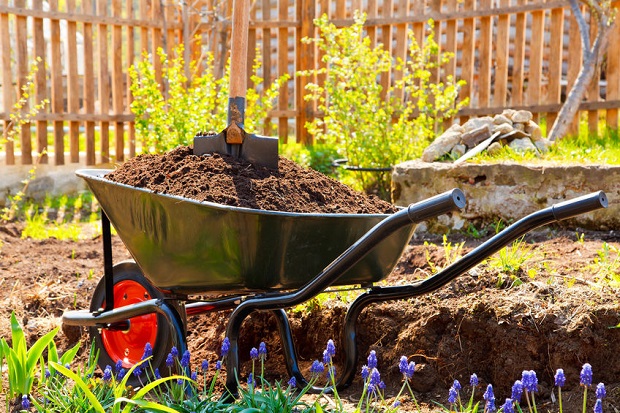
Before planting, amend the soil with a garden fertilizer with an NPK analysis of 5-10-5 at a 2-3 lbs rate for every 100 square feet. Work the fertilizer into the top 6 inches of soil.
Every 4-6 weeks thereafter, apply a garden fertilizer with an NPK analysis of 10-10-10 at a rate of 2 lbs per 100 square feet.
Water fertilizer into the soil to avoid burning the plants.
Nutrients Plants Need
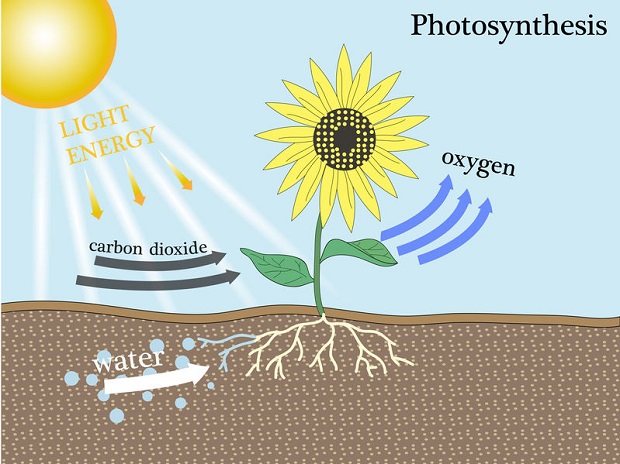
In order to grow, plants require 16 chemical elements, both non-mineral and mineral.
Non-mineral: The non-mineral elements necessary for photosynthesis are hydrogen, oxygen, and carbon. These occur naturally in air and water and are supplied by nature.
Mineral: Of the 13 mineral nutrients, most are only needed in minute quantities or are readily available in the soil. The three primary nutrients, nitrogen, phosphorous, and potassium, are often lacking because plants expend these in large amounts. This is especially problematic in a garden with successive plantings without soil amendments. The plants take out more nutrients than the soil can replenish.
Fertilizers address these three primary nutrients.
How Fertilizer Works
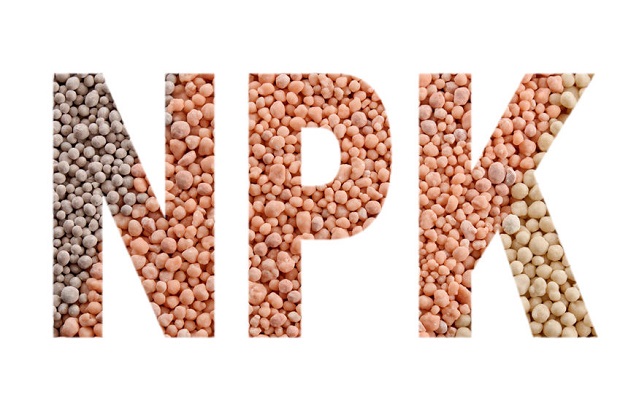
The numbers on the bag of fertilizer are referred to as the NPK analysis and represent the percentage of nitrogen (N), phosphorous (P), and potassium (K) combined in the mixture in that order. For example, a bag of 5-10-5 contains 5% nitrogen, 10% phosphorous, and 5% potassium.
Adding Organic Matter to Soil
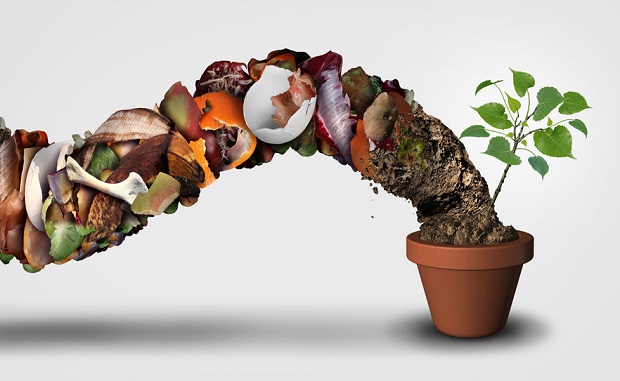
Nitrogen is of the biggest concern in soil mineral loss as it is quickly taken up by plants, leached from the soil, or lost to the atmosphere through gases. Decomposed organic matter supplies the soil with much-needed nitrogen, phosphorous, potassium, and other important nutrients that plants need in order to thrive.
When adding organic matter to the soil, make sure it is fully decomposed, as a variety of plant matter may compete for the soil’s nitrogen content as it decomposes.
Resources
North Carolina Department of Agriculture & Consumer Services –Plant Nutrients
North Carolina Cooperative Extension – Geranium Culture for Home Gardeners
NASA – Soil Education – Soil Fertility: How Does Your Garden Grow?
North Carolina Department of Agriculture & Consumer Services – Frequently Asked Questions about Soil Testing and Fertilizer
Calaveras County – Extension Office – Fertilizing the Organic Garden
